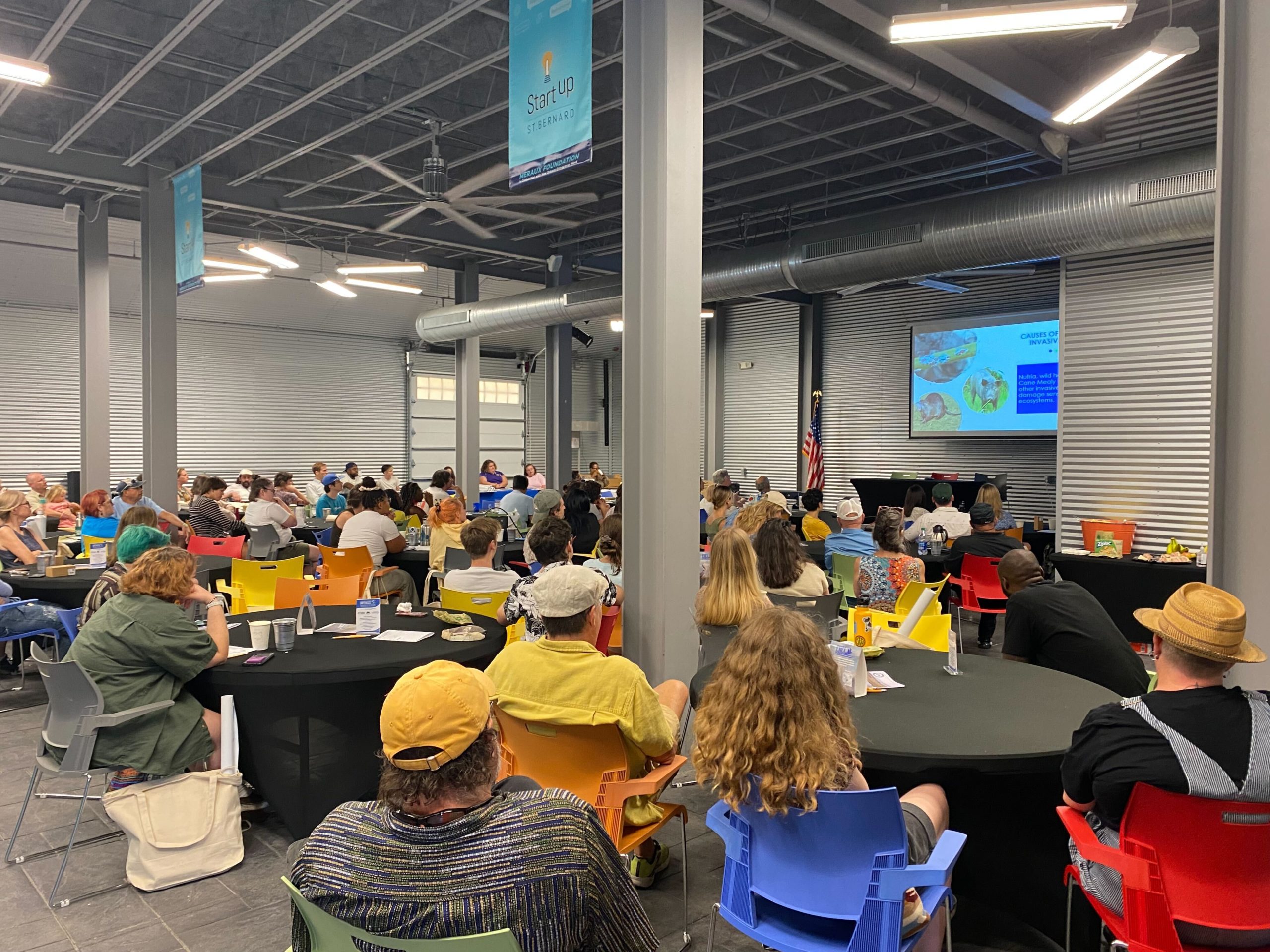
POLICY ADVOCACY AND OUTREACH
Advocating for science-based policies at the local, state and federal levels, and connecting with communities to help them adapt to a changing world.
OUR POLICY ADVOCACY AND OUTREACH WORK ARE AT THE HEART OF OUR MISSION.
Louisiana is losing coastal wetlands at an alarming rate. To combat this land loss, the state of Louisiana creates a Coastal Master Plan for restoration and flood protection every six years. The Coastal Master Plan is a guiding document for the state that dictates restoration plans. The Coastal Master Plan process is based on science to ensure that the projects that will do the most good are the ones prioritized for investment. This approach is critical to our work’s success. CRCL supports this process and highlights a selection of Coastal Master Plan projects as critical projects for Louisiana.
CRCL develops policy papers that serve as a guide to focus future advocacy goals and educate stakeholders and the general public.
CRCL also tracks policy at the state and national level and advocates for laws that benefit coastal Louisiana and its residents.
CRCL works with community partners to advocate for funding for documenting storm risk and possibilities for expanding hurricane protection for coastal communities.
CRCL hosts coastal issues forums with candidates, asking them for their viewpoints on coastal restoration.
CRCL’s outreach work supports the advancement of environmental restoration and flood risk reduction by engaging the public to inform them of plans and discuss impacts to their communities and way of life. Louisiana’s coastal wetlands are comprised of an intricate mix of marshes, swamps, barrier islands and ridges, all of which provide a buffer from storm-driven waves and storm surge and unique habitat for a vast variety of wildlife. As Louisiana faces the challenges that contribute to the loss of those wetlands, it is important that the public is informed and engaged so that they can advocate for projects and plan for their future. CRCL believes that the best path to achieving our vision of a restored coast occurs through the collective action of bringing all stakeholders to the table and working together to realize that vision.
.
